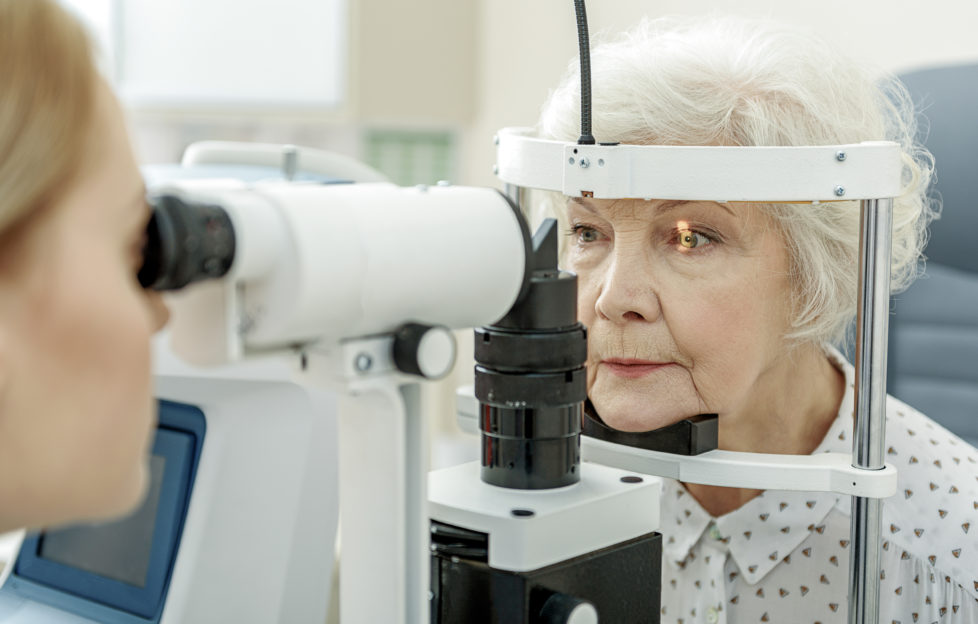Glaucoma: What You Need To Know

Do you know that glaucoma affects more than 64 million people worldwide? But many don’t even realise they have it, due to its gradual onset.
Furthermore, recent survey results from Specsavers and International Glaucoma Association (IGA) show that more than one in seven people have a family history of the disorder.
To highlight World Glaucoma Week (March 8-14), Specsavers is trying to raise awareness of it by sharing some — sometimes unusual — facts.
An insight
We’re all guilty of “Googling” our symptoms from time to time.
But with glaucoma being symptomless, it’s important to understand what the condition is before you start worrying. What’s more, the survey results show that nearly a fifth of the nation has never even heard of glaucoma.
This is despite the fact that it is actually one of the biggest causes of blindness in the world.
“Glaucoma occurs when naturally-occurring fluid inside the eye does not drain properly, causing a build-up of pressure,” Dr Nigel Best, Specsavers clinical spokesperson, says.
“The condition often affects both eyes, usually to varying degrees. There are two types — chronic glaucoma, which develops slowly with subtle changes to your vision, and acute glaucoma, which develops rapidly with a sudden, painful build-up of pressure in the eye.”
Let’s get physical
While caffeine can raise eye pressure, some studies indicate that regular exercise can lower it. While there is no evidence to prove this can directly prevent glaucoma, it does support overall eye health.
The UK needs to step up its exercise, too. One in five survey respondents admitted to exercising once a year, or even less!
People of Black-African origin are at higher risk
Glaucoma strikes earlier and progresses faster in men and women of black-African or black-Caribbean origin and occurs about five times more often. The risk for glaucoma is 20% higher if the disease is in your family.
“There are several factors which could make you more at risk of developing glaucoma, such as family history of the disease,” Karen Osborn, Chief Executive of the International Glaucoma Association, says.
“Those who have black–African heritage or who have higher levels of short sightedness are also more at risk. Your age also plays a big part. Two in every 100 people over forty are affected by the condition.”
Be a fighter, put down the lighter
While many people know that smoking is bad for your health (ie. cancer), some don’t know that smoking can have a detrimental impact on our eyes, too. It can cause a plethora of complications and even increase the risk of glaucoma.
“While there is no evidence that smoking itself is a risk factor for glaucomatous damage, older smokers do have a higher risk of developing increased eye pressure compared to non-smokers,” Dr Best adds.
Did you know?
There are many high profile stars who live with the condition.
U2 singer Bono revealed in 2014 that he has had the condition for 20 years and is receiving ongoing treatment.
Astronaut John Glenn nearly lost his sight to it and campaigned in the early 2000s, urging people to get regular eye tests. Other celebrities known to have had glaucoma are Whoopi Goldberg, Dame Maggie Smith and Andrea Bocelli.
Drive carefully
Group Two drivers (those who drive lorries and buses) need to advise the DVLA even if they have glaucoma in just one eye, as tests are more stringent for commercial drivers.
For Group One drivers (cars and motorcycles), the DVLA only needs to be advised of glaucoma when it affects both eyes. People should be visiting their optometrist every two years or more frequently if advised.
For further information go to www.specsavers.co.uk
For more health advice from “The People’s Friend”, click here.





